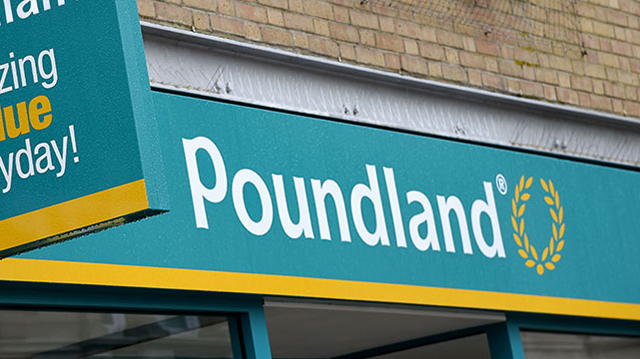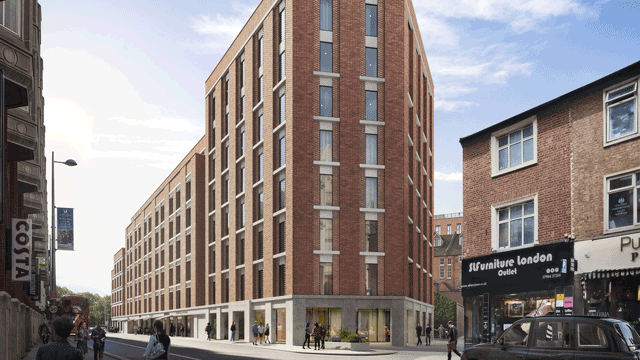The fund manager, which recently raised €450m for its second pan-European vehicle, has a network of partners that source deals across the Continent. The Nordics are its next targets
Independent opportunity fund manager Europa Capital has just struck its first deal in Italy and is looking north and east to expand and develop its business.
Europa Fund II, the manager’s second pan-European opportunity fund, recently bought a 150,000m² site close to Milan for more than €60m from French telecoms firms Alcatel, which is leasing back 48,000m² of the 70,000m² built at the site so far. The rest will be developed as light-industrial space on the ground floor with office space above.
Despite a grim demographic and economic picture for Italy, Europa is confident that the deal is a good one. Noel Manns, a principal at Europa and a co-founder of the company, says: “The country needs to restructure its economy; firms may need to downsize and will be keen to move out of central Milan. But smaller firms will grow and need space.”
The deal – Europa’s first in Italy – is typical of the projects it takes on: ones that already provide some income, but where Europa can devise a business plan to alter or refurbish the rest of the site. These type of schemes tend to be too complicated for most core or value-added investors and too small for the large opportunity funds run by US investment banks. Most deals will require €15-25m of equity, with debt giving a total deal size of up to €70m.
Network of partners
A key advantage for Europa is its network of eight country partners, in France, Spain, the Netherlands, Hungary, Croatia, Poland, Belgium and Italy, who bring deals to Europa and act as joint-venture partners. The fund manager also has less formalised relationships with associate partners in other markets, such as Denmark, Switzerland and Portugal.
“With our country partners, we have a right of first refusal on deals,” Manns says. “Sometimes country partners will bring us deals that might not seem right, in which case they can go off and do them on their own, but it tends not to work the other way round – if a country partner rejects a deal, we would be foolish to plough ahead with it on our own.”
Country partners get a fee for bringing in deals, which they must co-invest; they will also get a share of the profit, above a certain level.
As well as country partners, most Europa deals are done with other partners, often local developers. “We like partnering and, because we are not a huge operation, our partners know we won’t crush them,” says Manns.
The company is now looking further east, to see if the model can be replicated in eastern European countries that have not acceded to the EU. Russia is also on the agenda, but investment here is unlikely to be a priority.
Europa was established in 1999 by a group of former directors of international property group London & Edinburgh Trust: John Beckwith, Charles Graham and Christopher Curtis, who is the group’s partner in France, as well as a principal. Manns, meanwhile, was previously a director of Richard Ellis. Beckwith sold his stake to the other principals in 2003.
The Europa team has raised four funds: a French fund, a mezzanine fund and two pan-European opportunity funds. The investor base in the opportunity funds is broad, with an average investment size of €10-20m in the latest fund.
Around two-thirds of the investors are North American, a quarter European and the rest from the Middle East and Asia. Most investors are smaller pension funds, endowments and family trusts.
Europa Fund II raised €450m of equity, around half of which has been invested already. In common with most property opportunity funds, Europa’s projects have a longer life than most private equity investments. Of the 14 investments Fund I made, only seven have been entirely sold so far. However, the firm is not sluggish about disposals – one of Fund II’s investments has already been sold.
The launch of the latest fund, which is twice the size of the first pan-European fund, required Europa to expand and take on new staff; five have recently joined the company, which is moving to larger offices on a single floorplate. Though London-based, Europa has a fund administration team in Luxembourg and an accounting team in Austria.
Targeting the Nordics
Europa is broadening its geographical spread with Fund II. As well as striking deals in the UK, France, Poland, the Netherlands and Hungary, where it has operated before, and undertaking its first Italian deal, the fund will also target the Nordics, including the smaller Baltic states. Manns says: “The Nordics are predicted to have very strong growth in GDP and employment, which is why we need to be there.”
Other markets of interest to Europa include southern Europe, including Greece. “You have to be prepared to build in southern Europe,” says Manns. “For example, a number of funds that cannot undertake development themselves are committed to buying southern European retail, so there’s already a market for the right projects.”
Europa has also invested in a number of central European projects. But while it is still interested in this region, Manns says the market has “got ahead of itself”. Europa also seems a little sceptical about the German market, Manns mentioning that a 3% rise in VAT, which is scheduled to come into force next year, is likely to hit the retail market and the fragile confidence of the German consumer.
www.europacapital.com










